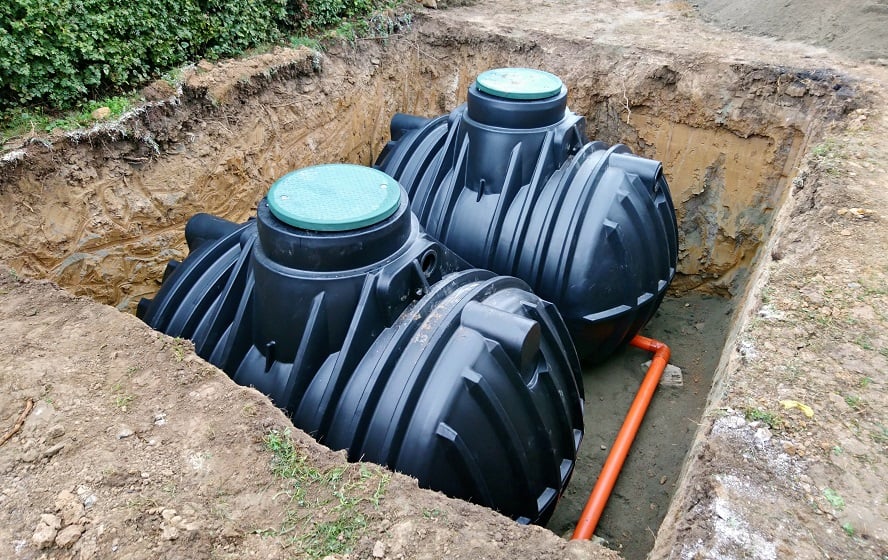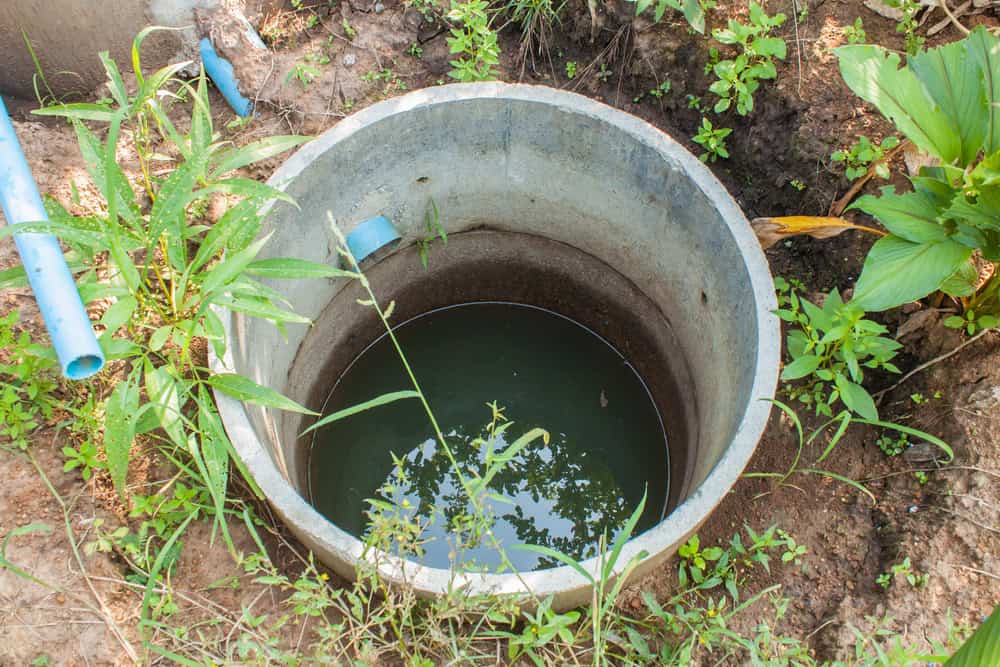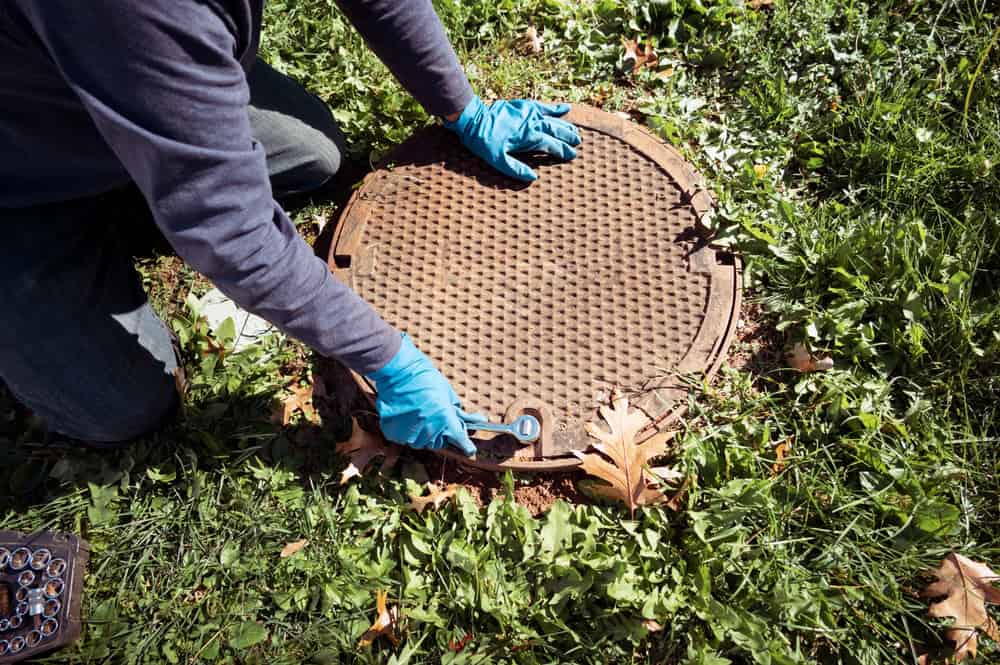How to Inspect Your Septic System: What to Look For and When to Call a Professional
Inspecting your septic system is an important part of maintaining your home and ensuring that your system is functioning properly. Knowing what to look for and when to call a professional can help you keep your septic system in good working order.
First, it is important to understand the components of your septic system. Generally, a septic system consists of a septic tank, a drain field, and a soil absorption area. The septic tank is a large, watertight container that holds wastewater and solids. The drain field is a network of pipes that distribute wastewater from the septic tank to the soil absorption area. The soil absorption area is a large area of land where wastewater is filtered and absorbed into the ground.
When inspecting your septic system, it is important to look for signs of damage or malfunction. Check the area around the septic tank for any signs of standing water, which could indicate a leak. Also, look for any signs of erosion or cracking in the soil around the tank. If you notice any of these signs, it is important to call a professional immediately.
Inspect the drain field for any signs of standing water or wet spots. If you notice any of these signs, it is important to call a professional to assess the situation. Additionally, check the soil absorption area for any signs of standing water or wet spots. If you notice any of these signs, it is important to call a professional to assess the situation.
Finally, it is important to check the pipes leading from the septic tank to the drain field and soil absorption area for any signs of blockage or damage. If you notice any of these signs, it is important to call a professional to assess the situation.
Inspecting your septic system is an important part of maintaining your home and ensuring that your system is functioning properly. Knowing what to look for and when to call a professional can help you keep your septic system in good working order. If you notice any signs of damage or malfunction, it is important to call a professional immediately.
How to Maintain Your Septic System: Regular Cleaning and Pumping Tips
Maintaining a septic system is essential for keeping your home and property safe and healthy. Regular cleaning and pumping of your septic system is the best way to ensure that it is functioning properly and that your family is not exposed to any health risks. Here are some tips to help you maintain your septic system:
1. Have your septic system inspected and pumped regularly. It is recommended that you have your septic system inspected and pumped every three to five years, depending on the size of your system and the amount of use it gets. This will help to prevent any buildup of solids and sludge in the tank, which can lead to clogs and other problems.
2. Avoid putting any non-biodegradable materials into your septic system. This includes items such as plastic, rubber, and metal. These materials can clog the system and cause damage.
3. Use water efficiently. Try to conserve water as much as possible by taking shorter showers, using low-flow toilets, and fixing any leaks in your plumbing. This will help to reduce the amount of water that enters your septic system and reduce the risk of it becoming overloaded.
4. Avoid using chemical cleaners. These can damage the bacteria in your septic system, which is essential for breaking down waste. Instead, use natural cleaners such as baking soda and vinegar.
5. Have your septic tank inspected for any signs of damage or leaks. If you notice any cracks or holes in the tank, have them repaired immediately to prevent any contamination of the surrounding soil or groundwater.
By following these tips, you can help to ensure that your septic system is functioning properly and that your family is not exposed to any health risks. Regular cleaning and pumping of your septic system is the best way to keep it in good condition and prevent any costly repairs or replacements.
How to Avoid Septic System Problems: Common Causes and Solutions
Septic systems are an important part of many homes, but they can be prone to problems if not properly maintained. Fortunately, there are a few steps homeowners can take to avoid septic system problems.
Common Causes
One of the most common causes of septic system problems is a lack of maintenance. Septic systems should be inspected and pumped out every three to five years, depending on the size of the tank and the number of people in the household. Failing to do so can lead to a buildup of solids, which can clog the system and cause backups.
Another common cause of septic system problems is the use of too much water. Septic systems are designed to handle a certain amount of water, and using more than that can overwhelm the system and cause it to fail. To avoid this, it’s important to limit the amount of water used in the home, such as by taking shorter showers and running the dishwasher and washing machine only when necessary.
Finally, the use of certain chemicals can also cause septic system problems. Many household cleaners, detergents, and other chemicals can damage the bacteria in the septic tank, leading to a buildup of solids and other problems. To avoid this, it’s important to use only septic-safe products in the home.
Solutions
The best way to avoid septic system problems is to practice regular maintenance. This includes having the system inspected and pumped out every three to five years, as well as having the tank and drain field inspected for any signs of damage or clogs.
It’s also important to limit the amount of water used in the home. This can be done by taking shorter showers, running the dishwasher and washing machine only when necessary, and fixing any leaks or running toilets as soon as possible.
Finally, it’s important to use only septic-safe products in the home. This includes avoiding harsh chemicals and using only septic-safe cleaners, detergents, and other products.
By following these steps, homeowners can avoid septic system problems and keep their systems running smoothly for years to come.



